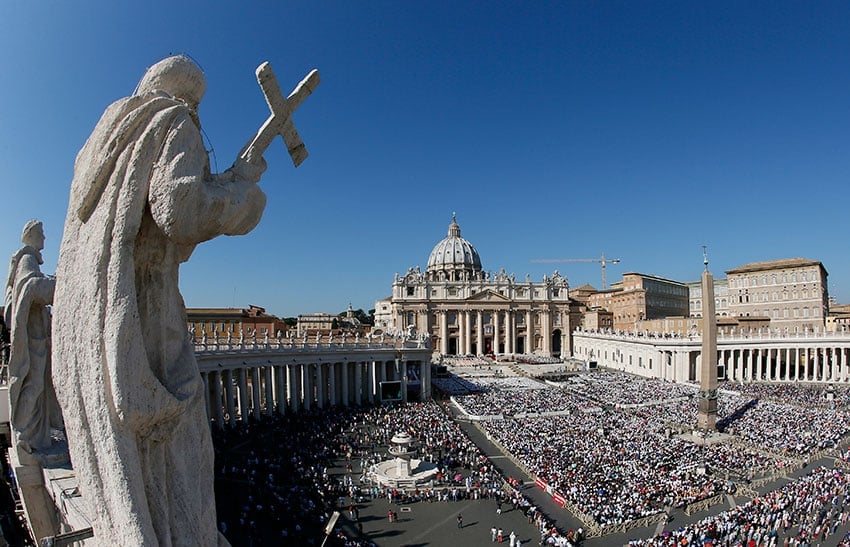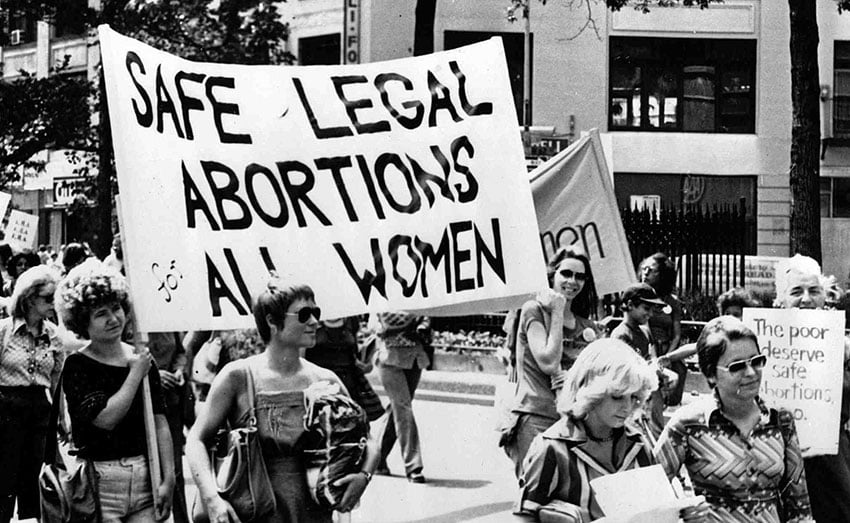Yes, Humanae Vitae is infallible
The effects of the intervention of Msgr Lambruschini lingered. Even supporters of the encyclical said that, while the teaching is immutable and irreformable, it is not infallible, a somewhat inconsistent position. However, in 1978, marking the 10th anniversary of the encyclical, in an article in Theological Studies (Vol.39, No. 2, June 1978), Fr John Ford SJ and Prof Germain Grisez explained how Humanae Vitae is part of the Ordinary Magisterium, hence infallible. They had been vocal members of the minority group in the papal commission. Their insights clarified the conclusion I had already reached independently.

In 1983 their argument was attacked by Fr Francis Sullivan SJ in his book Magisterium: Teaching Authority in the Catholic Church. Fr Sullivan even argued that the Magisterium does not have competence in matters pertaining to the natural moral law. Professor Grisez and Fr Brian Harrison OS, effectively refuted Fr Sullivan’s arguments – but his book is still a reference text on the nature of the Magisterium. Fr Harrison has also promoted incisive work on the magisterial authority of Humanae Vitae by the renowned Lateran professor, the late Fr Eremengildo Lio OFM, who argued in Humanae Vitae e Infallibilta (1986) that the encyclical is really an ex cathedra solemn definition, hence infallible.

However important these theological debates may be, the main point that faithful Catholics are called to maintain and promote is that this papal teaching is true, and that Pope Paul was right, as Prof Janet Smith of Dallas has argued well. In this regard, I recall the reassuring words of Cardinal Edouard Gagnon, that the truth is always accompanied by its own grace, that truth has its own innate power. In the case of Humanae Vitae this truth is much more than a theological question. It is the truth of the human person offering a critical pastoral response to the timeless question: ”How then are we to live?”
